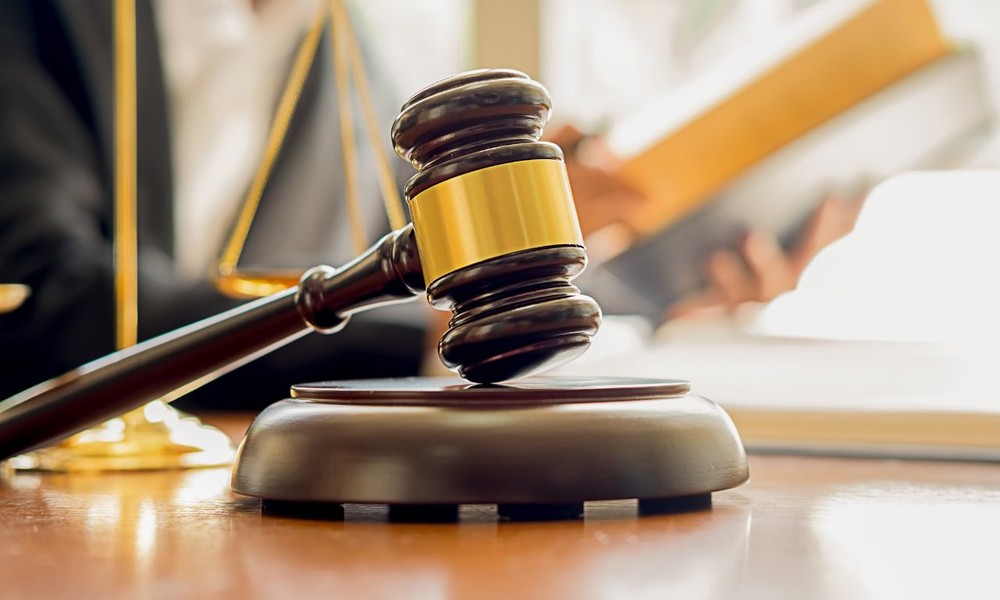Traumatic accidents can happen in an instant, yet their impact on our mental well-being can linger for months or even years. While physical injuries often receive immediate attention, psychological wounds may go unnoticed or untreated. The journey to mental recovery is deeply personal, but understanding common emotional responses and proven coping strategies can help ease the path.
This guide offers practical steps to help you—or someone you care about—mentally recover after a traumatic accident.
v
Understanding the Psychological Aftermath
The emotional toll of a traumatic accident often comes in waves. Initially, you may feel shock or numbness—a natural defense mechanism. As this wears off, emotions such as fear, anger, guilt, anxiety, or profound sadness may surface. These are normal reactions to an abnormal event.
While some individuals begin to heal over time, others may develop more persistent symptoms of Post-Traumatic Stress Disorder (PTSD). This can include intrusive memories, nightmares, hypervigilance, and avoidance behaviors. Early recognition of these signs is key to getting the right support.
Warning signs that you may need professional help:
- Ongoing sleep disturbances
- Flashbacks or vivid replays of the event
- Withdrawal from loved ones
- Overwhelming fear or anxiety
- Difficulty functioning in daily life
Seeking help is not a weakness—it’s a crucial step toward healing.
Immediate Coping Strategies
In the early stages following a traumatic event, consider the following approaches:
- Acknowledge your feelings without judgment. Whether you feel deeply emotional or emotionally numb, both responses are valid.
- Avoid major life decisions. Postpone big changes like moving, quitting a job, or starting new ventures until you feel more emotionally grounded.
- Gently revisit the event. Talking about the accident with someone you trust can help you begin to process what happened.
- Stick to simple routines. Regular meals, sleeping habits, and light physical activity help restore a sense of normalcy and control.
Building a Support System
Isolation can intensify trauma symptoms, so leaning on a support system is vital:
- Talk to trusted friends or family. You don’t need to share every detail—just expressing your emotions can reduce their intensity.
- Join a support group. Being around others who’ve gone through similar experiences can be both validating and healing.
- Consider professional therapy. Trauma-informed therapists can provide evidence-based treatments such as:
- Cognitive Behavioral Therapy (CBT)
- Eye Movement Desensitization and Reprocessing (EMDR)
- Trauma-focused counseling
- Cognitive Behavioral Therapy (CBT)
Self-Care Techniques for Recovery
Taking care of your body supports your mind:
- Prioritize sleep, nutrition, and exercise. These foundational habits boost resilience and reduce stress.
- Practice mindfulness techniques. Deep breathing, guided meditation, and muscle relaxation can help you stay grounded.
- Avoid harmful coping mechanisms. Substances like alcohol or drugs may temporarily numb the pain but can stall or reverse recovery.
Long-Term Mental Recovery Strategies
As time passes, deeper healing strategies can support ongoing recovery:
- Cognitive Processing Therapy (CPT): Helps you reframe distorted beliefs and self-blame stemming from the trauma.
- Exposure Therapy: Gradual, safe reintroduction to trauma-related triggers (e.g., driving again after a car accident) can reduce fear and anxiety.
- Ongoing mental health care: Just like physical therapy aids physical recovery, regular counseling or therapy supports emotional healing.
Rebuilding Confidence and Resilience
Regaining your sense of safety and self-trust takes time—but it is possible:
- Set small, manageable goals. Achievements, no matter how minor, can build momentum and confidence.
- Ease back into normal life. Reintroduce routines and responsibilities at your own pace.
- Focus on what you can control. While you can’t undo the past, you can control your recovery, mindset, and future steps.
Conclusion: Healing Takes Time, and That’s Okay
Recovery from a traumatic accident is rarely linear. You may experience ups and downs, progress and setbacks—but healing is possible. Many survivors not only recover but experience post-traumatic growth, finding new strength, purpose, and appreciation for life. In these moments, guidance from experienced Irvine California personal injury lawyers can make a crucial difference, helping you navigate the legal aftermath while you focus on healing.
You are not alone. Whether you turn to friends, family, support groups, or professionals, seeking help is a courageous and empowering act. With time, care, and compassion—for yourself and others—you can rediscover peace, confidence, and a renewed sense of safety.



